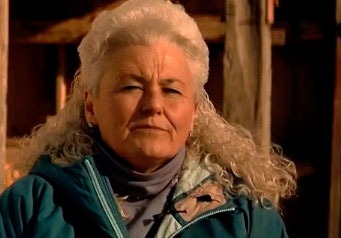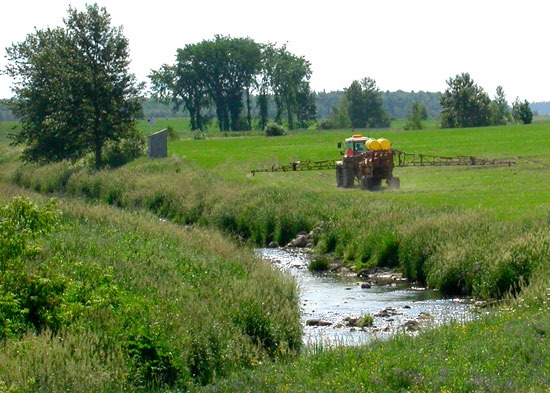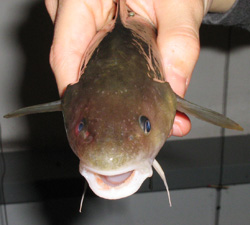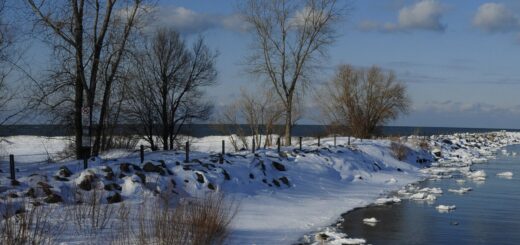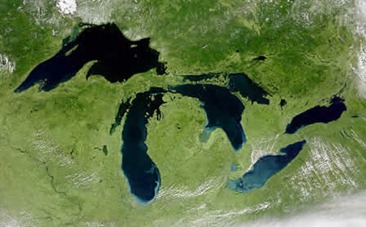Megafarm watchdog protects Michigan freshwaters
0For her efforts to patrol megafarms in southern Michigan, Lynn Henning received what’s considered the “Nobel Prize for environmental work” yesterday. Henning was awarded the 2010 Goldman Environmental Prize, an honor that is given annually to one person per continent.
Henning, a farmer herself, watched from her Clayton, Michigan home as megafarms began sprouting up around her area. These enormous farming operations possess roughly 20,000 cows and can output as much waste as a city of 200,000 people, according to the Detroit Free Press. The stench was putrid, but Henning was also shocked by the amount of untreated waste from these farms that worked its way into nearby surface waters.
Concerned about the discharges, Henning began taking water samples and photographs to document the water running off from these megafarms and passing the information on to state officials. The state has closed one factory farm and fined others for more than $400,000. The Free Press article says Henning has been threatened, sued, and received dead animals on her porch for her work.
The wastewater runoff from the farms includes antibiotics, blood from births, and cleaning agents. The waste, from the barns where the animals live, sits in lagoons until it is collected and spread over the fields. If there’s too much, it forms puddles and runs into streams. Heavy storms and leaking lagoons also contribute to the polluted runoff.
The creeks feed into Lake Erie, and pollution from these megafarms likely contribute to the phosphorus nutrient loading causing the lake’s toxic algae problems, along with the anoxic dead zone.
Much of the manure runoff has seeped into Bean and Durfee creeks, causing both of them to be listed on the state’s impaired water list.
Farmer turned activist fights manure-spreading faults [The Detroit Free Press] Video Credit: The Goldman Environmental Prize




